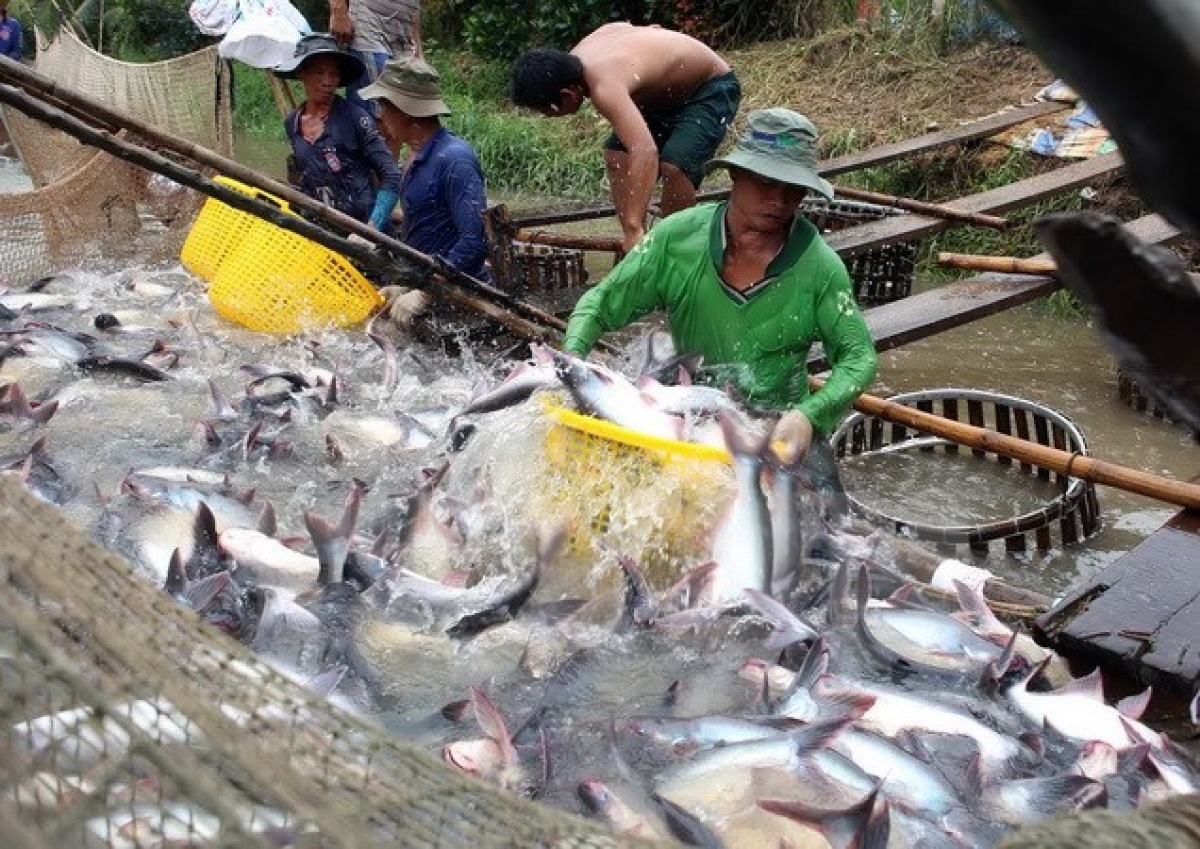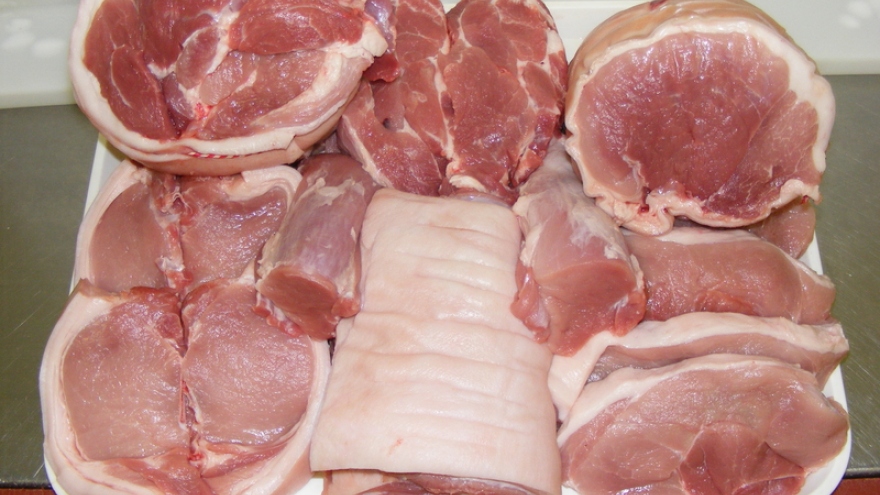Cambodia re-considers decision to ban imports of farmed fish
VOV.VN - Cambodia is in the process of re-considering its decision to temporarily ban four types of imported farmed fish from the nation following a request made by the Vietnamese side.
This comes after Cambodia temporarily moved to ban all imports of farmed fish from neighbouring countries in an effort to promote locally farmed fish.
According to Seang Thay, secretary of state of the Cambodian Ministry of Commerce and spokesman, after receiving a request from Vietnam, the Cambodian Ministry initiated efforts to work alongside the Ministry of Agriculture, Forestry, and Fisheries to adjust several technical issues.
Recently, Minister of Industry and Trade Tran Tuan Anh sent a letter to Cambodian Minister of Commerce Pan Sorasak, indicated that in line with general agreements on tariffs and trade, export and import restriction measures can only be applied in exceptional cases.
This includes issues relating to the protection of national security and public morals, protecting humans, animals, or plant life, natural resources, the environment as well as items of artistic, historic or archaeological value.
Therefore, the ban on imported farmed fish runs in contrast to the spirit of trade liberalisation detailed by the World Trade Organization (WTO) and the ASEAN economic community.
Furthermore, the import ban not only heavily impacts seafood exporters and importers of both sides, but also the interests of Cambodian consumers.


